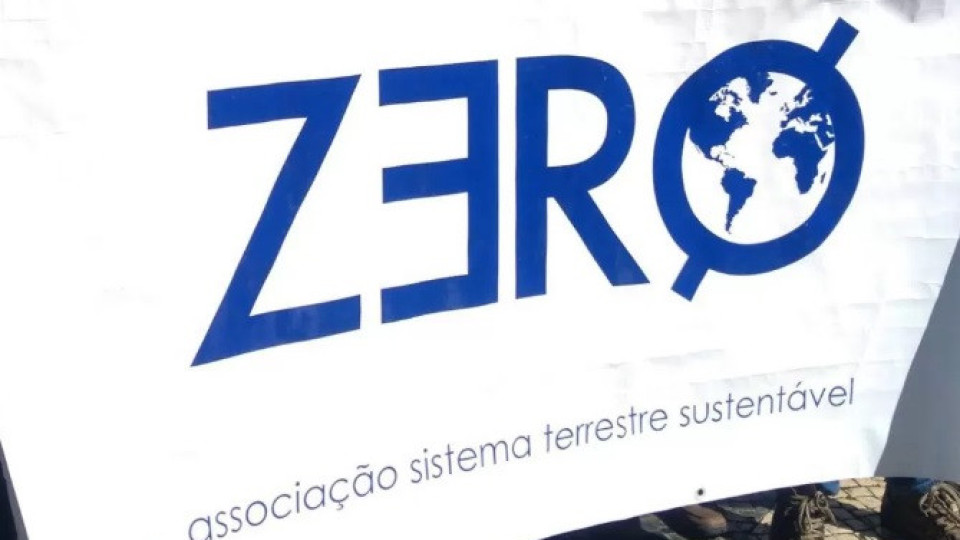Zero highlights the word "sufficiency" as the most important for humanity
The environmental association Zero pointed out today five reasons to place "sufficiency" at the center of European policy, a word highlighted as "one of the most important in safeguarding the planet and humanity".

© Zero

País Zero
"Zero appeals to everyone, politicians, businesses and individuals, to understand and align themselves with one of the most important words to safeguard the planet and humanity -- sufficiency", reads a statement sent to the Lusa agency.
According to the Intergovernmental Panel on Climate Change (IPCC), sufficiency is expressed in policies, measures and daily practices that avoid the demand for energy, materials, water and land, while providing human well-being for all within planetary boundaries.
Based on this definition, Zero states that "by placing sufficiency at the centre of its policies" it will achieve "a more resilient planet with good use of resources, providing a safer, fairer and less expensive transition, for example, to climate neutrality".
In the context of the European Union (EU), and according to the environmental association, the material footprint, that is, the total amount of fossil fuels, biomass, metals and minerals that are consumed, including those incorporated in imports, is currently 14.8 tonnes per capita per year, "a value that is more than double the threshold considered sustainable and fair", it says.
"However, despite the EU's abundant use and access to energy and resources, many citizens are still unable to meet their basic needs or access essential services, and growing inequalities threaten to tear apart the social fabric of democracies", the association laments.
At the same time, Zero recalls that the extraction and transformation of resources are at the root of the greatest crises of the generation, from global warming to biodiversity loss, water stress, pollution and social injustice.
"The data is clear: 90% of global biodiversity loss and water stress, 50% of global greenhouse gas emissions and over 30% of the health impacts of air pollution are caused by the extraction and transformation of resources", says the association, which points out five reasons for the EU to put sufficiency at the centre of its policy.
Zero argues that "sufficiency can make the European Union and its citizens more resilient", while also meaning lower costs and more competitiveness.
For the association, sufficiency means greater ease in achieving climate and energy objectives, as well as a better quality of life for all by implying a convergence of consumption between the richest and poorest countries, thus increasing equity in access to resources and services.
"Sufficiency means a more sustainable Europe", summarises Zero, pointing to the European Green Deal, a commitment to climate neutrality that wants "a strong focus on climate aspects and, in particular, on greenhouse gas emissions".
But "other sustainability issues, such as resource depletion and biodiversity decline, have not been addressed with the same urgency or ambition", laments Zero, which finally recalls that, in March, it signed, with 85 other organisations, the manifesto "A resilient and resource-smart Europe: putting sufficiency at the heart of EU action".
Read Also: Ministry studies "solutions" for the Monastery of Santa Clara-a-Nova (Portuguese version)

Descarregue a nossa App gratuita.
Oitavo ano consecutivo Escolha do Consumidor para Imprensa Online e eleito o produto do ano 2024.
* Estudo da e Netsonda, nov. e dez. 2023 produtodoano- pt.com






